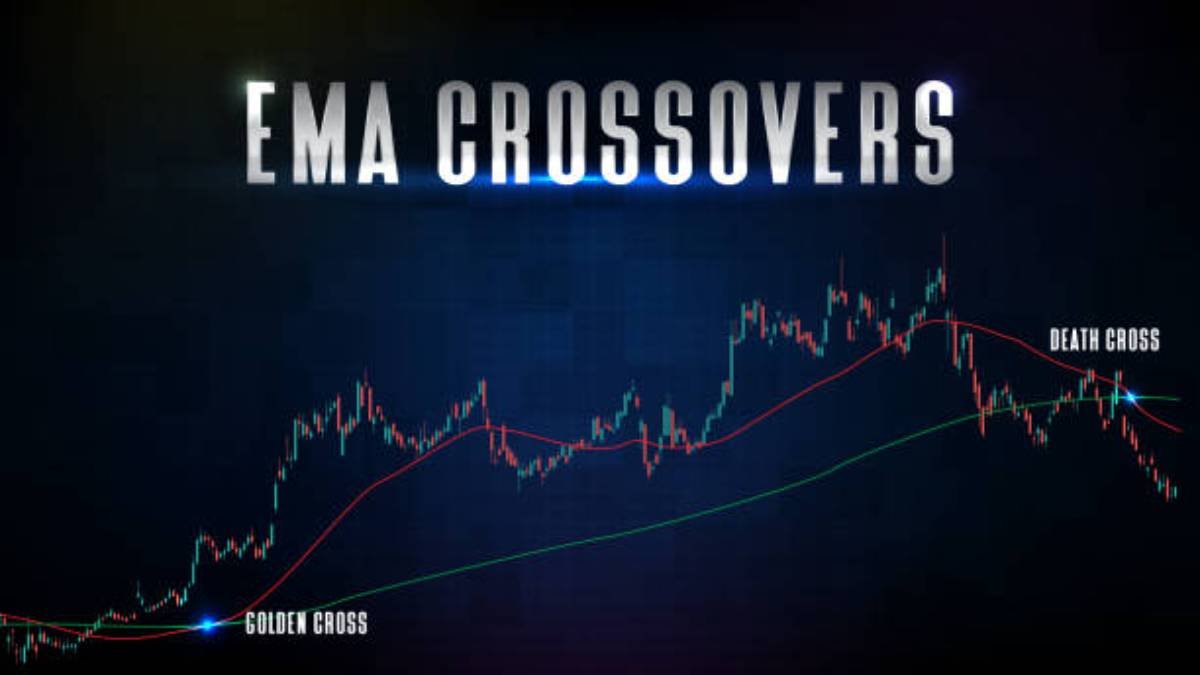
How Inflation Affects Your Savings and Investments
 By Rajat Sen
By Rajat SenInflation erodes the purchasing power of money, making it a crucial factor for savers and investors. Understanding how inflation impacts savings and investments can help you make informed financial decisions.
The Impact of Inflation on Savings
When inflation rises, the real value of money declines. This means that cash held in savings accounts may lose purchasing power over time, especially if interest rates do not keep pace with inflation.
High-yield savings accounts and inflation-protected securities can help mitigate this impact.
Investments and Inflation
Stocks, real estate, and commodities tend to perform well during inflationary periods, as they often increase in value. However, fixed-income investments like bonds may lose value as interest rates rise.
Diversifying your portfolio with assets that historically outpace inflation can protect your wealth.
Strategies to Protect Your Wealth
Investing in Treasury Inflation-Protected Securities (TIPS), stocks, and real estate can help counteract inflation’s effects. Keeping an eye on interest rate changes can also guide investment decisions.
A well-balanced portfolio is key to preserving financial stability during inflationary cycles.
Long-Term Considerations
Inflation is an ongoing economic reality. Planning for long-term financial security involves choosing assets that maintain or grow in value despite inflationary pressures.
Understanding how different investments respond to inflation is crucial for financial success.
Conclusion
Inflation affects both savings and investments, but proactive financial planning can help safeguard your wealth. By diversifying assets and staying informed, you can navigate inflationary trends and protect your financial future.



